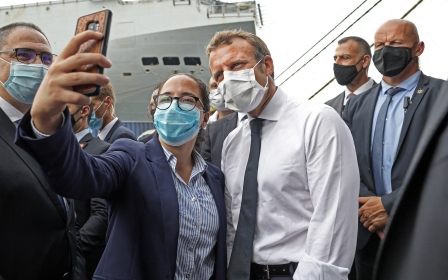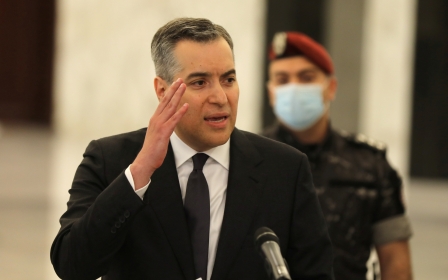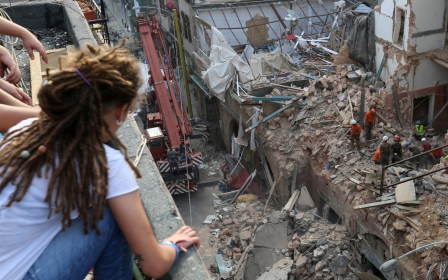World Bank cancels loan for Lebanon's controversial Bisri dam project

The World Bank said it was cancelling a loan for a controversial dam in Lebanon that environmentalists said would destroy a valley that is rich in biodiversity.
Plans to build the Bisri dam had been suspended in June after the World Bank raised concerns about the project.
It said the Lebanese government had until 4 September to finalise key agreements related to the dam's operations, maintenance and impact on the surrounding environment.
In a statement, the World Bank said it had notified the government that it was withdrawing its financing "due to non-completion of the tasks that are preconditions to the commencement of construction".
"The cancelled portion of the loan is $244m and the cancellation is effective immediately," the bank said.
To be built in a valley 30km south of the capital Beirut, the dam was reportedly intended to supply drinking water as well as irrigation for 1.6 million residents.
While the plan had received support from Lebanon's ruling political parties, it was met with uproar from environmentalists and local residents, who feared irreversible damages to the region's rich ecosystem.
The dam project had also been surrounded by allegations of corruption. Gebran Bassil, the son-in-law of President Michel Aoun and former energy minister, pushed plans for the construction of some 14 dams, including the Bisri dam, which had been approved by the government in 2012.
Critics also disputed assurances from the government and the World Bank that the dam, to be built on a seismic fault line, and its reservoir would not increase the risk of earthquakes.
For years, campaigners had called for the project to be scrapped completely, for the site to be turned into a nature reserve and for the already allocated loan funds to be diverted to other projects. The country is currently battling a devastating economic crisis, a surge in coronavirus cases and the destruction of around a third of Beirut last month in the largest non-nuclear explosion in history.
Middle East Eye delivers independent and unrivalled coverage and analysis of the Middle East, North Africa and beyond. To learn more about republishing this content and the associated fees, please fill out this form. More about MEE can be found here.




